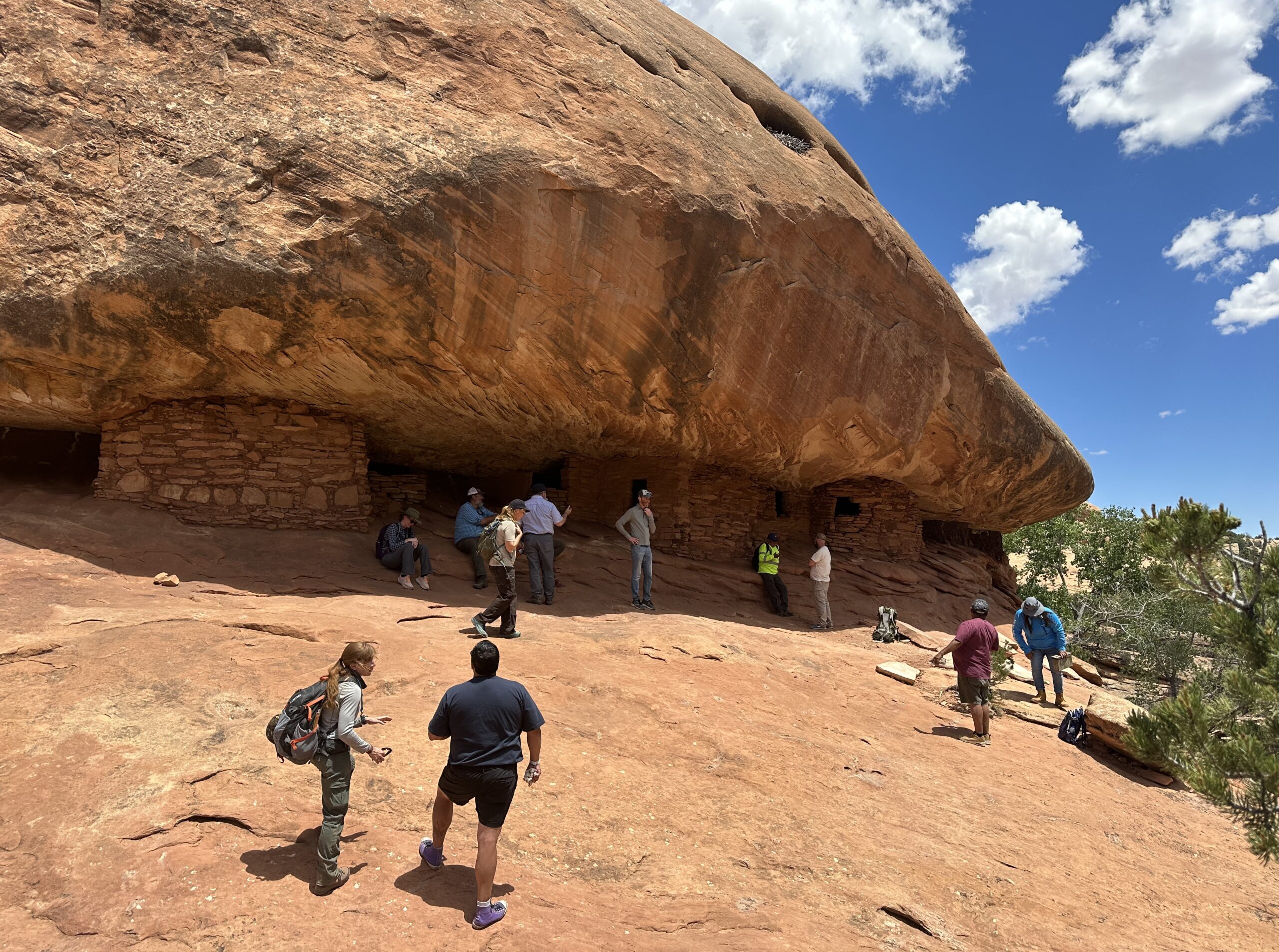Indigenous peoples possess rich knowledge systems that enable them to tackle some of the world’s most critical challenges–from climate change to creating new human rights standards. And, indeed, they have done so already for millennia. When Indigenous knowledge is linked to Indigenous self-determination—the ability of Indigenous peoples to make their own choices and manage their own lives—Indigenous communities can thrive. They can offer important knowledge to help solve the world’s most pressing problems.
In 2023, the Henry Luce Foundation has awarded nearly 7 million dollars to drive Indigenous knowledge and innovations. This commitment underscores our steadfast dedication to Indigenous knowledge—in fact, the Foundation’s program directors identified a shared interest in the impacts of climate change on Indigenous peoples and used a portion of the Foundation’s Collaboration and Incubation Fund, 1.8 million dollars, to explore this theme. These investments reflect the growing awareness among scholars, policymakers, and funders that Indigenous peoples are disproportionately affected by climate change, that Native communities steward the territories that sequester the most carbon and host the most incredible biodiversity, and that Native communities wield valuable knowledge to contribute significantly to the global response to environmental challenges.
“Giving to Indigenous communities has been top-down, with solutions prescribed for Indigenous communities by colonial institutions and non-Indigenous policymakers, government agencies, and other external organizations. The Luce Foundations is looking to challenge this history by investing in Indigenous knowledge, people, and communities,” said Ray Foxworth, the Program Director of Luce’s Indigenous Knowledge Initiative. “These top-down decision-making models have almost exclusively dismissed Indigenous knowledge systems and self-determination and have, in many cases, framed Indigenous knowledge systems as deficits that contribute to Indigenous community challenges. But there are signs of change—the world is finally acknowledging that Indigenous peoples have vast amounts of knowledge to help solve complex problems of today.”
Beyond climate concerns, Indigenous communities are at the forefront of shaping global dialogues on new law and policy frameworks centered around Indigenous knowledge and self-determination. The Native American Rights Fund (NARF), a current grantee, leads an ambitious agenda to implement the United Nations Declaration on the Rights of Indigenous Peoples (UNDRIP) in the United States. By convening experts and Indigenous leaders, NARF aims to develop legislative tools and resources to actualize UNDRIP through federal policy and in Native nations.
Additional Foundation grantees, such as the Native Nations Institute and the Native BioData Consortium, leverage UNDRIP to lead discussions on Indigenous data sovereignty and governance. These Indigenous-led initiatives seek to create policies and practices that prioritize Indigenous peoples and communities regarding the ownership and jurisdiction of data. Inherent in these policy innovations is a commitment to Indigenous knowledge and self-determination, fostering global conversations on human rights and ethical data practices.
The Bears Ears Inter-Tribal Coalition, a grantee whose work is informed by local and traditional Indigenous knowledge, is working with the Bureau of Land Management and the U.S. Forest Service to prepare a monument management plan for the Bears Ears National Monument.
“These grants reflect shared values outlined in the Foundation’s statement of core commitments. We embrace the belief that knowledge takes diverse forms and is expressed in a variety of ways. This view was shared by our founder, Henry R. Luce, whose own life exemplified a commitment to compassion and understanding across cultural, political, and linguistic differences,” said Sean Buffington, Vice President of the Luce Foundation.
It is also certain that those grants and how they express our priorities and values will continue to evolve: we do not know all the answers; we learn—along with and from our grantees. And as we learn, we admit mistakes and change our course. This openness to growth and learning is grounded in and expressive of our institutional humility, which undergirds our work and aspirations.







